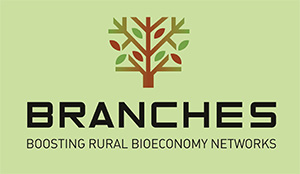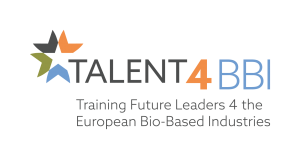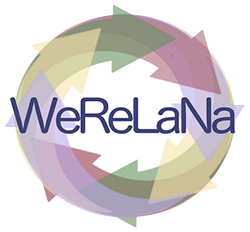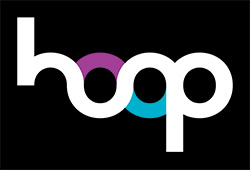BIO-PLASTICS EUROPE project
Project concluded
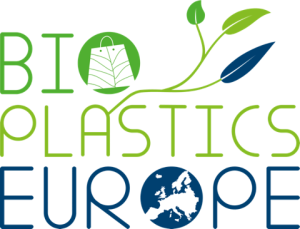
Developing and Implementing Sustainability-Based Solutions for Bio-Based Plastic Production and Use to Preserve Land and Sea Environmental Quality in Europe
The project BIO-PLASTICS EUROPE addresses the topic „Sustainable solutions for bio-based plastics on land and sea“ (Topic identifier: CE-BG-06-2019), within the focus area „Connecting economic and environmental gains – the Circular Econonmy (CE)“ and will focus on sustainability strategies and solutions for bio-based products to support the Plastics Strategy. This shall include innovative product design and business models facilitating efficient reuse and recycling strategies and solutions, including ensuring the safety of recycled materials when used for toys or packaging food stuffs. In line with the EU strategy on international cooperation in research and innovation and in order to encourage the further replication, the European consortium is complemented by a partner in Malaysia, providing an added value and helping them to address the many problems they face.
Contact:
Dr. Jelena Barbir
email: Jelena.barbir@haw-hamburg.de
website: https://www.bioplasticseurope.eu/





